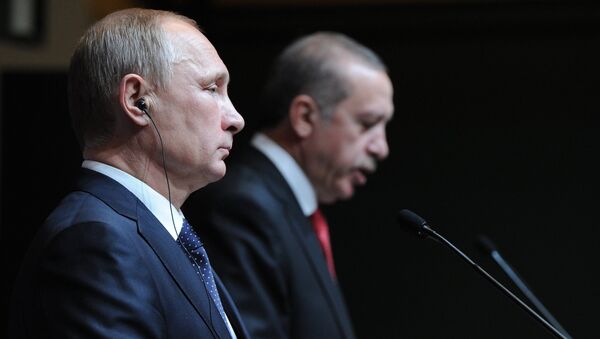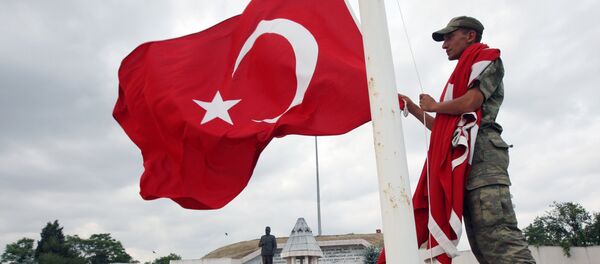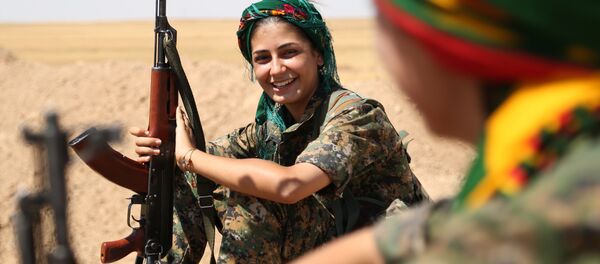He also said that by doing so, Ankara had in fact missed an opportunity to resuscitate relations with Moscow, which have been strained since Turkey's downing of a Russian warplane over Syria in November 2015.
"Turkey's non-compliance with its obligation on the Open Skies Treaty means that Russia has the right to retaliate. On the other hand, Turkey has missed a chance to normalize ties with Russia given that Ankara's permission for Russia's flight could have led to a slight improvement in bilateral relations," Solmazturk said.
He was echoed by Aki Er, a retired Turkish Brigadier General who had been on the Turkish General Staff, who said in a separate interview with Sputnik that that Ankara' move indicates an end to mutual trust between Ankara and Moscow.
"This step reflects a complete erosion of trust between Russia and Turkey, which could have been strengthened by a Russian observation flight," Er pointed out.
However, after the arrival of the Russian mission to Turkey and the announcement of the desired itinerary, the Turkish military officials refused to allow the inspection flight, citing an order from the Turkish Foreign Ministry, according to Sergey Ryzhkov, head of the Russian National Nuclear Risk Reduction Center.
He slammed the Turkish move as "a dangerous precedent of uncontrolled military activity carried out by a member of the Open Skies Treaty."




